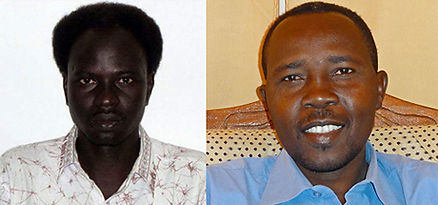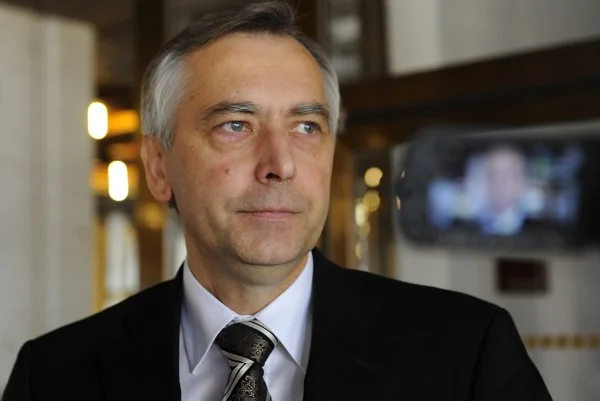As Ján Figel starts his second year as the EU Special Envoy for the Promotion of Freedom of Religion or Belief (FoRB) outside the European Union, the last 12 months of his time in this new mandate show the respect for this role that has developed amongst sceptics and the potential for his role going forward.
In under 12 months Mr Figel has raised the profile of FoRB as a human rights priority for the EU, highlighting the important role religion and belief, including the right not to believe, plays in the daily experience of millions across the globe.
Early on in his first term the Special Envoy said “FoRB is a litmus test for general human rights… Those who don’t understand, religion and the abuse of religion can’t comprehend what is going on in the world today.” At the end of his first year, there has been a visible widening of EU engagement on this sensitive human right, as part of its dialogue and development policies.
“FoRB is a litmus test for general human rights… Those who don’t understand, religion and the abuse of religion can’t comprehend what is going on in the world today.” – Ján Figel, EU Special Envoy for the Promotion of Freedom of Religion or Belief
Sudan is one of several countries with poor human rights records which Mr Figel has visited in his first year. Such visits open up opportunities for a senior EU diplomat to engage with religious leaders and religious communities to address societal hostilities, in addition to working with government officials.
In March 2017, he used his visit to Sudan to promote freedom of religion or belief, intercultural and interreligious dialogue, peaceful coexistence of communities and better relations between Sudan and the EU. Sudan, as a priority country for the EU, but one with an appalling human rights record, was a bold choice of country to visit and indicative of Ján Figel’s personal commitment to FoRB and credibility with colleagues in the European Commission.
Approximately two weeks before his visit, Czech humanitarian worker, Peter Jašek, was released from prison after spending 14 months in Sudanese prison. Mr Jašek had been imprisoned alongside a Sudanese pastor, Reverend Hassan Abduraheem, and an activist called Abdulmonem Abdumawla, after being convicted on trumped-up charges of espionage. Peter Jašek received a presidential pardon and was released, however Reverend Hassan Abdulraheem and Mr Abdulmonem Abdumawla remained unjustly imprisoned. As part of his dialogue with Sudanese Officials, the Special Envoy called for a presidential pardon for them as well. Mr Figel also raised concerns over the demolition of churches that were targeted by the government. Reverend Hassan Abduraheem and activist Abdulmonem Abdumawla received a presidential pardon and were released on 11 May following further international pressure for their release.
“In countries like Sudan, where the EU has a number of interests ranging from migration, trade and security to the fight against terrorism, the mainstreaming of human rights mandates such as that of the EU Special Envoy on FoRB becomes an important and visible way for the EU to show itself to be serious on trying to tackle human rights challenges globally.”
In countries like Sudan, where the EU has a number of interests ranging from migration, trade and security to the fight against terrorism, the mainstreaming of human rights mandates such as that of the EU Special Envoy on FoRB becomes an important and visible way for the EU to show itself to be serious on trying to tackle human rights challenges globally. As was evident in Sudan, the presence of the EU’s Special Envoy was significant both in highlighting the EU’s commitment to mainstream this important right and its willingness to ensure it is part of the human rights dialogue points with Sudan.
As he enters the second year of his mandate, he does so in a climate of heightened interest in this topic by the European Parliament. Whilst the Special Envoy is based in the EU Commission, his re-appointment will complement the vital work of European External Action Service in working towards a mainstreaming of the 2013 Guidelines on Freedom of Religion or Belief across the EU’s work.
And there is much work to be done. With this in mind, President Juncker should do what he can to strengthen the mandate; for example, by resourcing it more fully and extending its term to enable longer-term planning. According to research by the Pew Forum, government restrictions and social hostilities linked to the freedom of religion of belief appear to be on the rise. These problems will not disappear overnight and there is always much more work to be done to reverse negative trends than to create them.
By CSW’s Sudan Advocacy Officer
The article: https://forbinfull.org/2017/05/16/what-difference-does-a-special-envoy-on-freedom-of-religion-or-belief-make/



